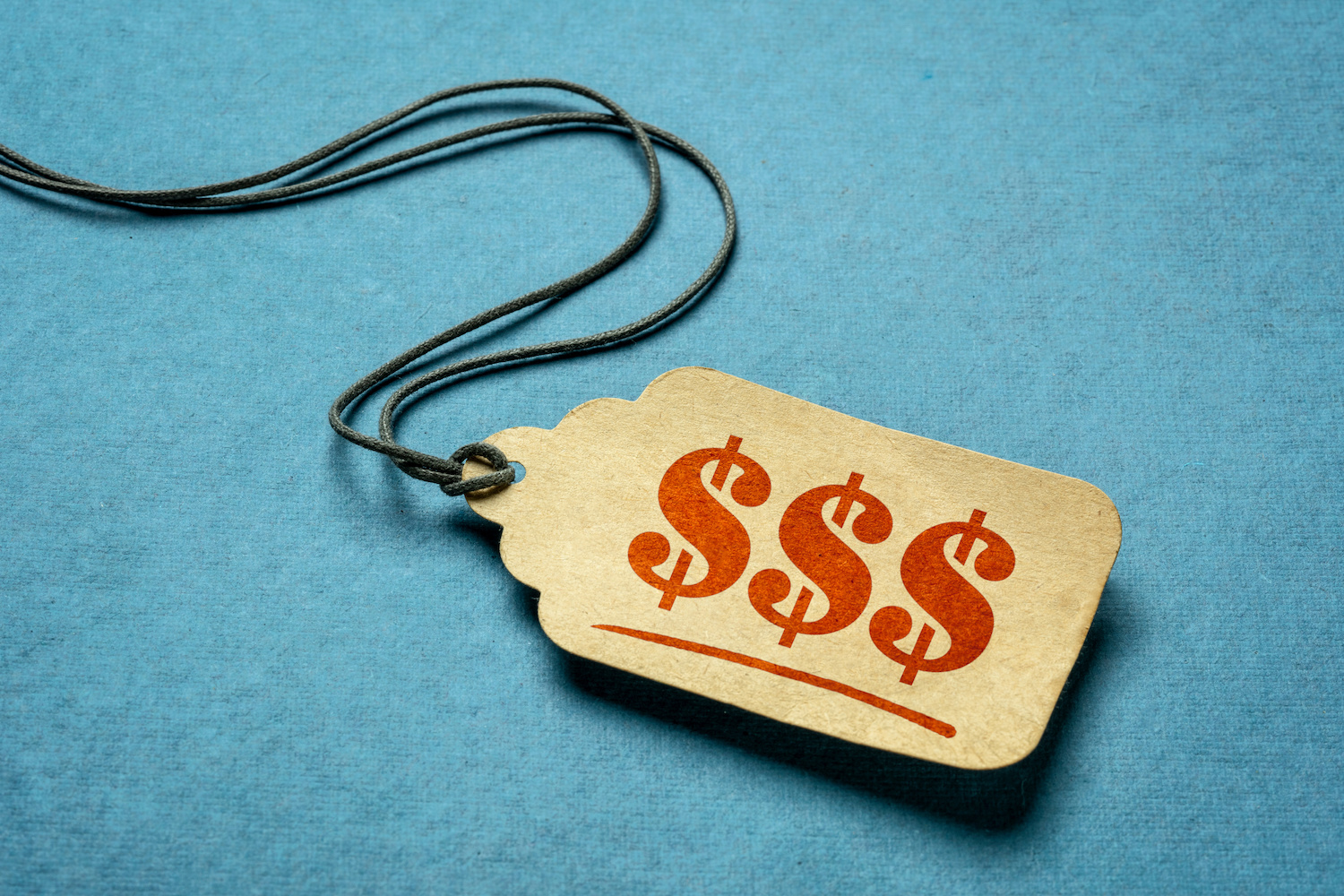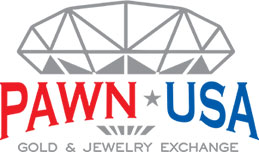- April 25, 2022
- Posted by: pawnusa
- Category: blogs, Pawn USA

The world of pawn shops is a complicated one. Yes, the transactions are relatively easy to understand – offer money now and get something back later – but the business side is often underestimated. Pricing items in a pawn shop can be tricky, even for those who work there. Usually, things are priced according to what we call “market value,” which means how much somebody is willing to pay for it at that given moment in time.
You’re not selling directly to the owner; you’re selling to a broker. The broker will then take the item and try and sell it themselves to make their own money back. The way they do this is by placing it on display in their shop window so that they can try and attract buyers. Buyers might come from the local area or even from further afield, but perhaps somebody is simply browsing for an item. Some items will sell quickly, but others might not. Then the shop will contact us and tell us what price they have sold the item for. We can then change our prices accordingly to try and get a better offer or perhaps reduce the cost if we don’t think it was a fair deal.
We keep records of prices for specific items, ensure that the brokers know what is currently selling in their local area, and minimize their risk by maintaining records of how much they paid for it originally. Many of our customers are regular ones who may have sold with us previously, so we know what they would like for the price. Unfortunately, it isn’t as easy as doing a Google search. Although we keep track of general trends and typical costs for specific items, each one is unique and has little quirks that mean it may be worth more or less depending on the situation.
Pricing Items
Generally, items that have been owned for a long time will have an increased value unless stolen. This is because they were not bought new and are probably worth less than their value when they were purchased. If you’ve got a tablet computer, the market price of something like this is likely much more than its worth as a piece of white goods.
Although it is the case that identical items of the same make and model can sometimes sell for the same price, this will usually only happen when there is a small margin of difference in value. For example, two new equivalent tablets from the same manufacturer can be worth as little as £30 to £40 in most cases. However, if they were all identical, you might get them all sold for £30 or even less if a customer was willing to pick up some extras at no extra cost.
How Pawn Shop Prices Are Decided
Pawnshop prices are set according to market value, and generally, we will pay a little more than the asking price if we feel it is a fair price. We can negotiate with the item owner and get them to come down slightly on what they are selling it for, sometimes even reducing their commission by giving them some initial deposit if they have overcharged you.
We have no problem buying items from customers who would like to sell their items but may not be able to afford the market value. We can purchase items from a customer who needs money quickly or looking to get rid of something, and we’ll be willing to make a deal. This is because we don’t always have time to wait for the perfect arrangement, and for specific items, it is perfectly possible to sell them at a reduced price. Sometimes the owner would prefer to get something back compared to leaving it in their shop window overnight with nobody coming in.
Suppose you’re looking to buy an item for a specific price; nothing is wrong with this. We’re willing to negotiate prices, and we will work with you to give you the best possible deal. We want to make sure that it’s a fair deal for the seller, too, so we will let them know if they ask for more money than they may get elsewhere.
The pawnshop business is very competitive among different companies. There are many different stores, and we’re constantly competing with each other for a profit. It is essential to have experience and knowledge of the local area to price your items correctly for sale.
